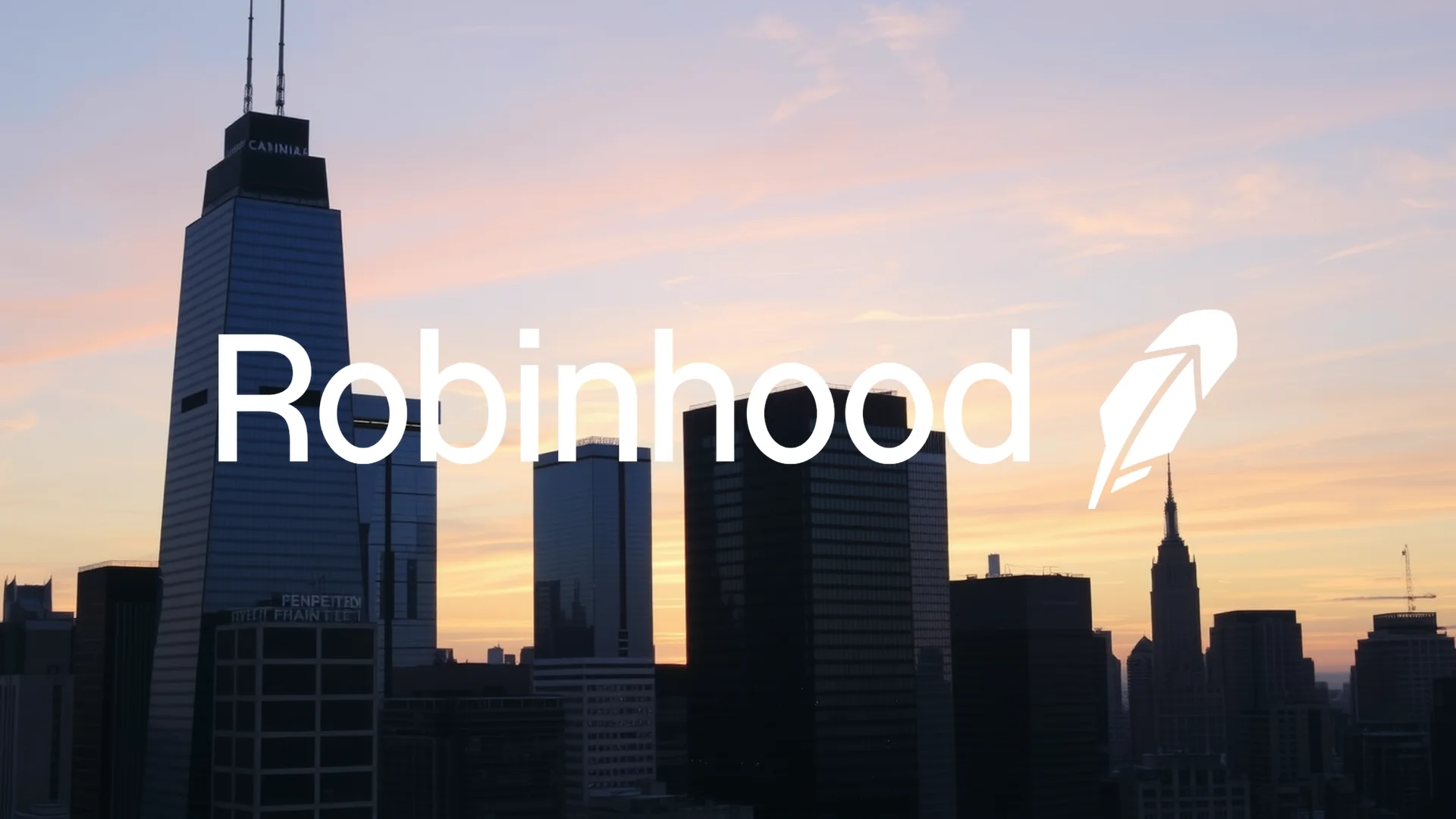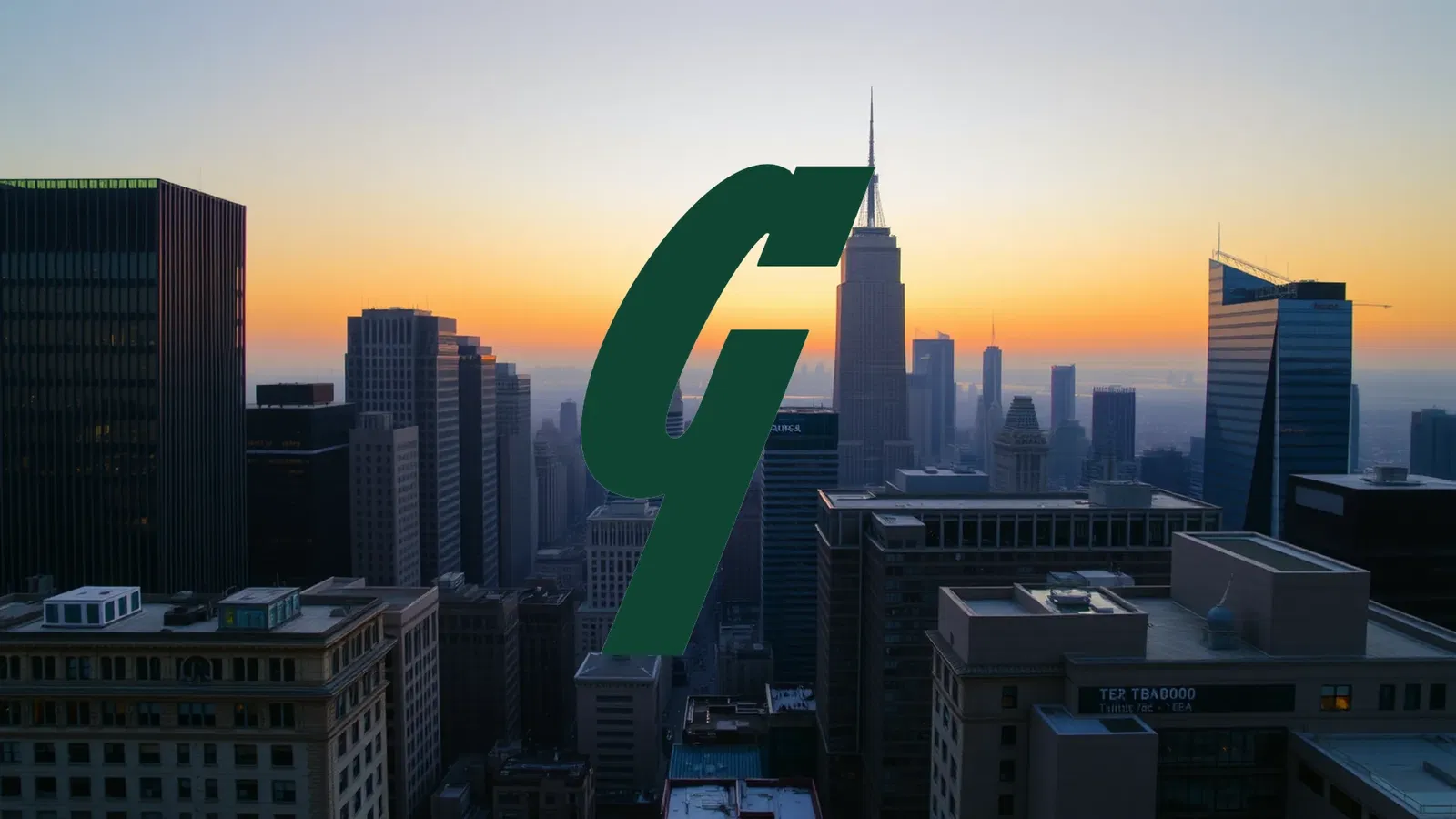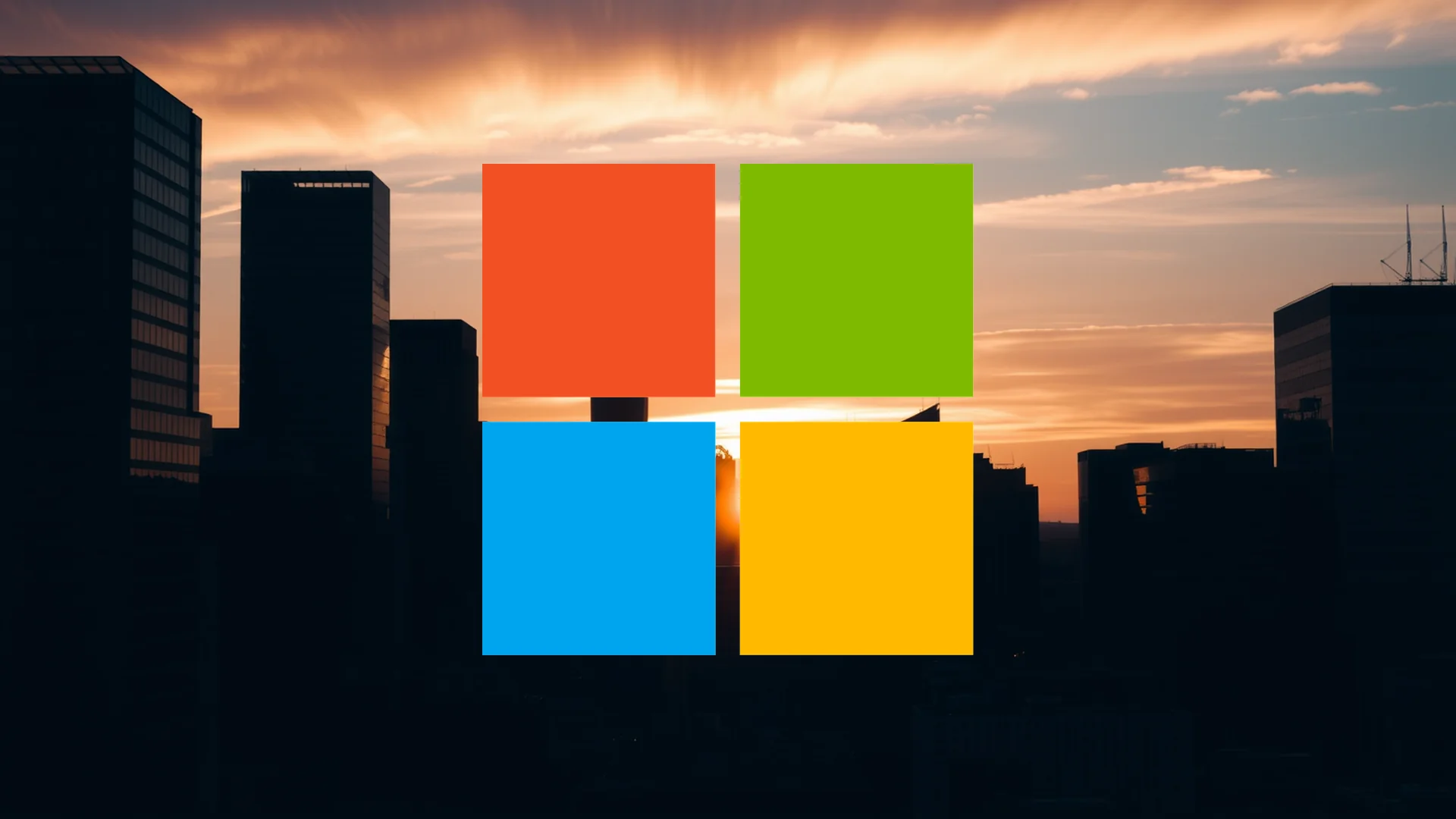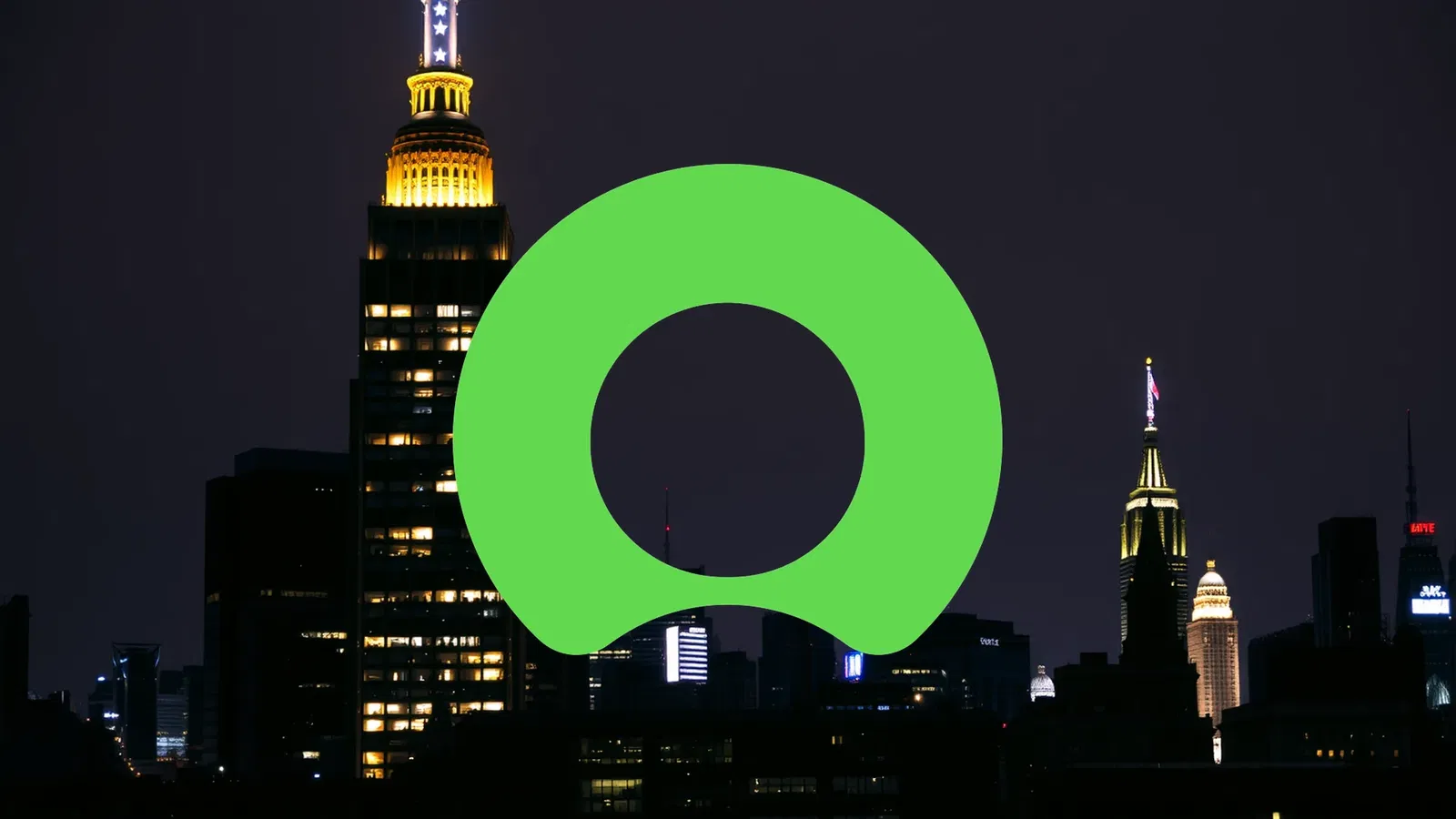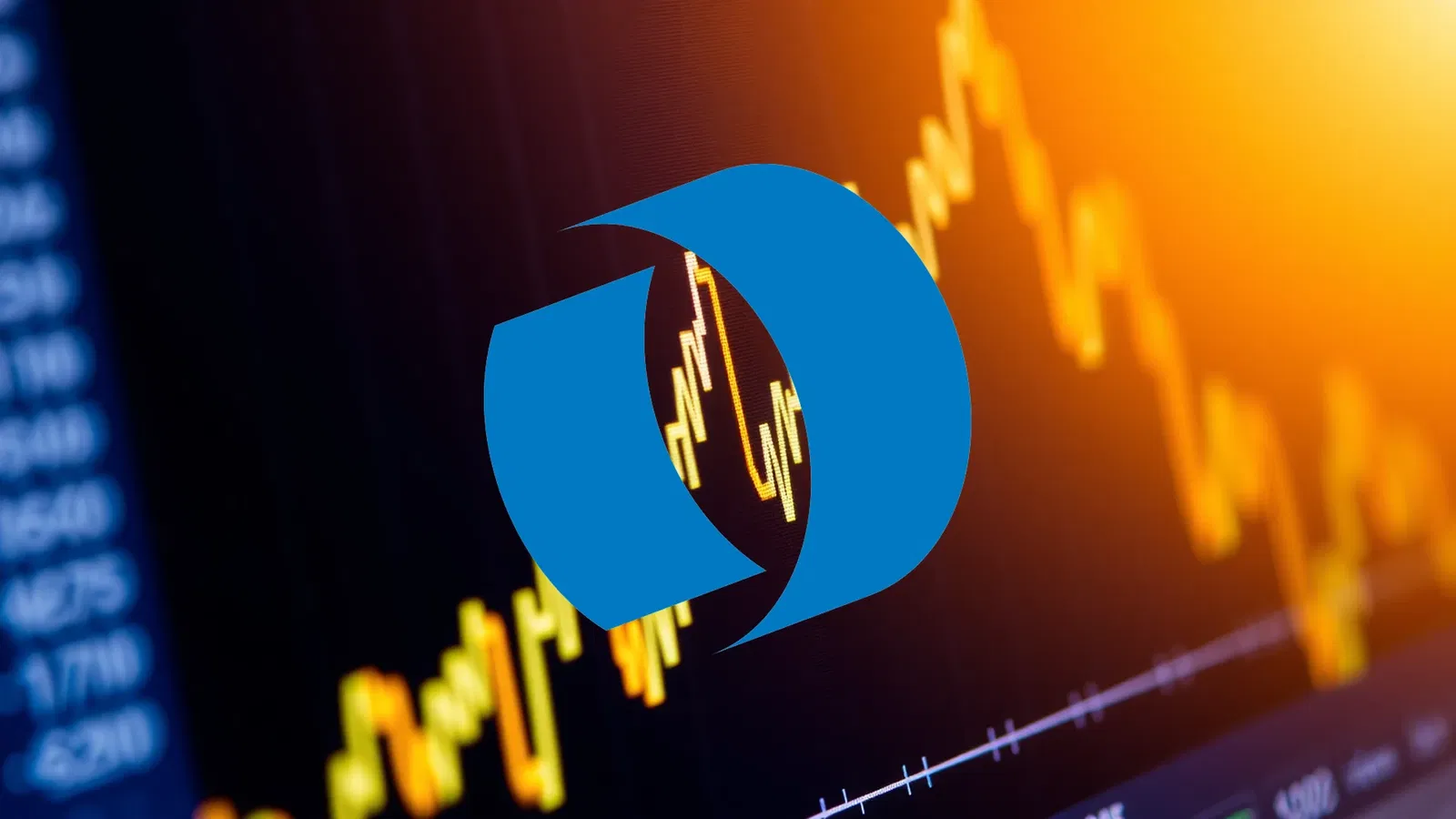The fintech firm’s trajectory has been remarkable, but Robinhood now approaches a pivotal moment in its corporate history. Its upcoming inclusion in the S&P 500 index marks a significant promotion to the major leagues of US equity markets. This development arrives as research analysts revise their price targets upward, anticipating billions in mandatory index fund purchases. However, a substantial insider transaction has introduced a note of controversy, raising questions about whether the company can fully capitalize on its elevated status.
Strategic Expansion and Competitive Moves
Beyond the prestige of index inclusion, Robinhood is actively enhancing its platform to challenge established players. Recent announcements at the company’s ‘Hood Summit’ revealed plans to introduce short selling capabilities and segregated accounts for different investment strategies. This represents a direct competitive thrust aimed at attracting more sophisticated retail investors from traditional brokerage services.
Wall Street’s Bullish Sentiment
Confirmation of Robinhood’s S&P 500 admission, effective September 22, has generated considerable enthusiasm among institutional investors. Fund managers who track the benchmark index must now add the stock to their portfolios, creating automatic buying pressure estimated in the billions of dollars.
Market researchers have responded with increased optimism. Bank of America raised its price objective to $139, while Mizuho reaffirmed its “Outperform” rating with a $145 target. Bernstein SocGen established the most ambitious forecast with a street-high $160 price target, indicating strong confidence in Robinhood’s prospects following its index qualification.
Should investors sell immediately? Or is it worth buying Robinhood?
Strong Fundamentals Support Growth Narrative
Recent operational metrics from August provide fundamental support for these upgraded assessments. Assets under administration surged to $304 billion, representing a 112 percent year-over-year increase. The platform demonstrated substantial investor appeal with net inflows reaching $4.8 billion in August alone.
The company maintained a stable user base of 26.7 million funded accounts, despite closing approximately 180,000 smaller accounts due to regulatory requirements.
Insider Transaction Timing Raises Questions
Amid the positive developments, a significant insider sale has attracted attention. Director Baiju Bhatt disposed of more than 418,000 shares valued at nearly $50 million on September 10. Although this transaction occurred under a trading plan established in August 2024, the timing relative to the index announcement has prompted discussion among market observers.
The convergence of institutional endorsement, fundamental strength, and strategic positioning creates a complex investment thesis as Robinhood enters this new phase of its market presence.
Ad
Robinhood Stock: Buy or Sell?! New Robinhood Analysis from February 7 delivers the answer:
The latest Robinhood figures speak for themselves: Urgent action needed for Robinhood investors. Is it worth buying or should you sell? Find out what to do now in the current free analysis from February 7.
Robinhood: Buy or sell? Read more here...

